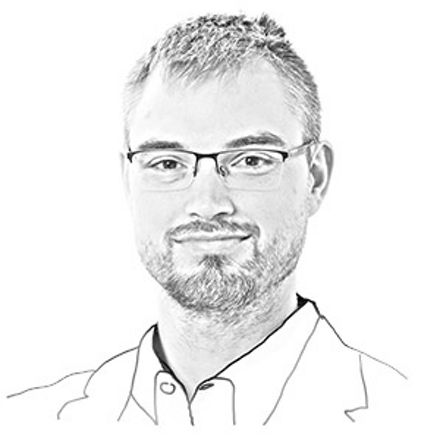Aquaculture is experiencing significant growth—and for good reason. The global demand for protein-rich foods such as fish and seafood is rising, while wild fish stocks are increasingly under pressure. Around 160 million metric tons of fish are consumed annually. Aquaculture is essential to bridge the gap between the supply from wild fisheries and the growing demand for high-quality seafood. According to the Food and Agriculture Organization (FAO), 2022 marked the first year in which farmed fish consumption surpassed that of wild-caught fish.

Low Environmental Impact
Fisheries and aquaculture are vital to global nutrition, providing 15 percent of animal-based protein and 6 percent of total protein consumed worldwide. For 3.2 billion people, aquatic organisms account for at least 20 percent of their animal protein intake. Moreover, fish and seafood are among the foods with the lowest environmental impact, particularly in terms of energy use and greenhouse gas emissions, according to FAO assessments.
However, farmed fish such as trout and salmon require energy-dense feed to grow healthily. Conventional production methods impose technical limitations on the fat content of feed pellets.

This is where Evonik’s silica products can make a difference. When added to feed formulations, they enhance the mechanical stability of pellets, enabling the production of fish feed with varying fat contents—up to 37 percent, depending on the species. Saturated and unsaturated fatty acids can also be incorporated before or during extrusion, reducing the need for costly post-extrusion oil coating.
In addition, the mechanical stability of the pellets can be increased by up to 60 percent, depending on the fat content and the specific type of silica used. This not only reduces losses due to pellet breakage and fines but also minimizes nutrient accumulation in aquafarm waters. Silica also helps reduce nutrient loss during transport and storage, improving the overall efficiency of feed production.
Evonik’s silica solutions are applicable to feed pellets for both freshwater and saltwater fish species. The company is currently evaluating their use in pellet production for crustaceans. Initial customer feedback indicates strong interest in this expanded offering for improved animal feed manufacturing.

Valuable Fatty Acids
Evonik has long taken a holistic approach to aquaculture. Veramaris, a joint venture, offers algae oil produced from natural marine algae, nature’s original and richest source of Omega-3 fatty acids.
Veramaris' algae oil has the highest lipid potency available on the market today and is rich in both eicosapentaenoic acid (EPA) and docosahexaenoic acid (DHA) Omega-3 which are essential in feed - to ensure productivity, performance, health and welfare of farmed fish and shrimp.
ELEMENTS-Newsletter
Get exciting insights into Evonik's research and its societal relevance—delivered conveniently via email.
Evonik also supplies hydrogen peroxide and peracetic acid for aquaculture applications. These substances enhance water quality in different ways. Hydrogen peroxide oxidizes potential contaminants into smaller organic compounds—such as aldehydes or carboxylic acids—that are easier to degrade.
Peracetic acid, such as the product VIGOROX®, is a highly effective biocide that combats a broad spectrum of biological contaminants. Both substances are biodegradable, breaking down into water and oxygen—and in the case of peracetic acid, also into vinegar.

A balanced environment for breeding
In a time when aquaculture is gaining increasing importance as a sustainable method of food production, solutions like those from Evonik are crucial. They not only enhance efficiency and sustainability in animal feed production but also promote a healthy and balanced environment for breeding fish and other seafood.

